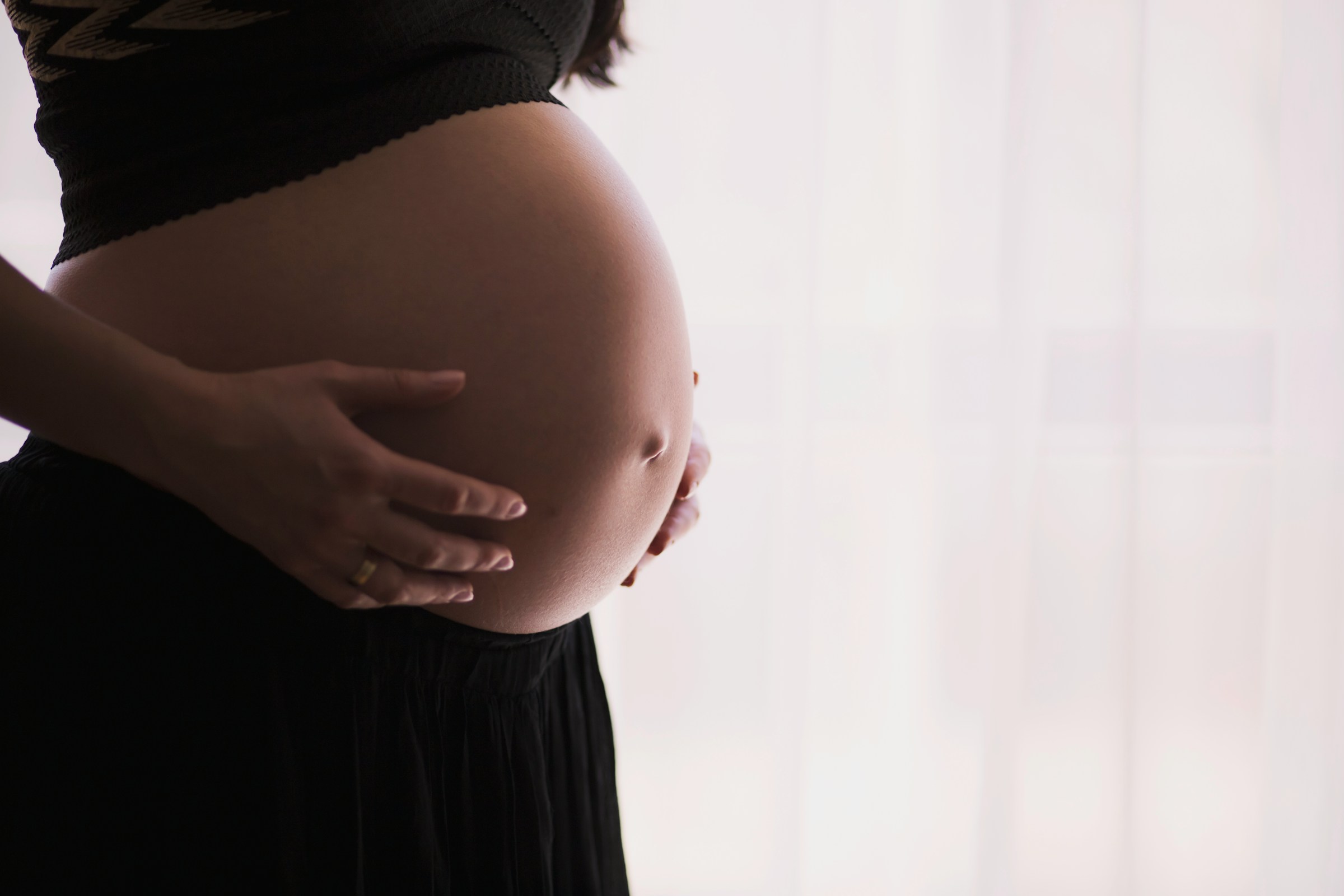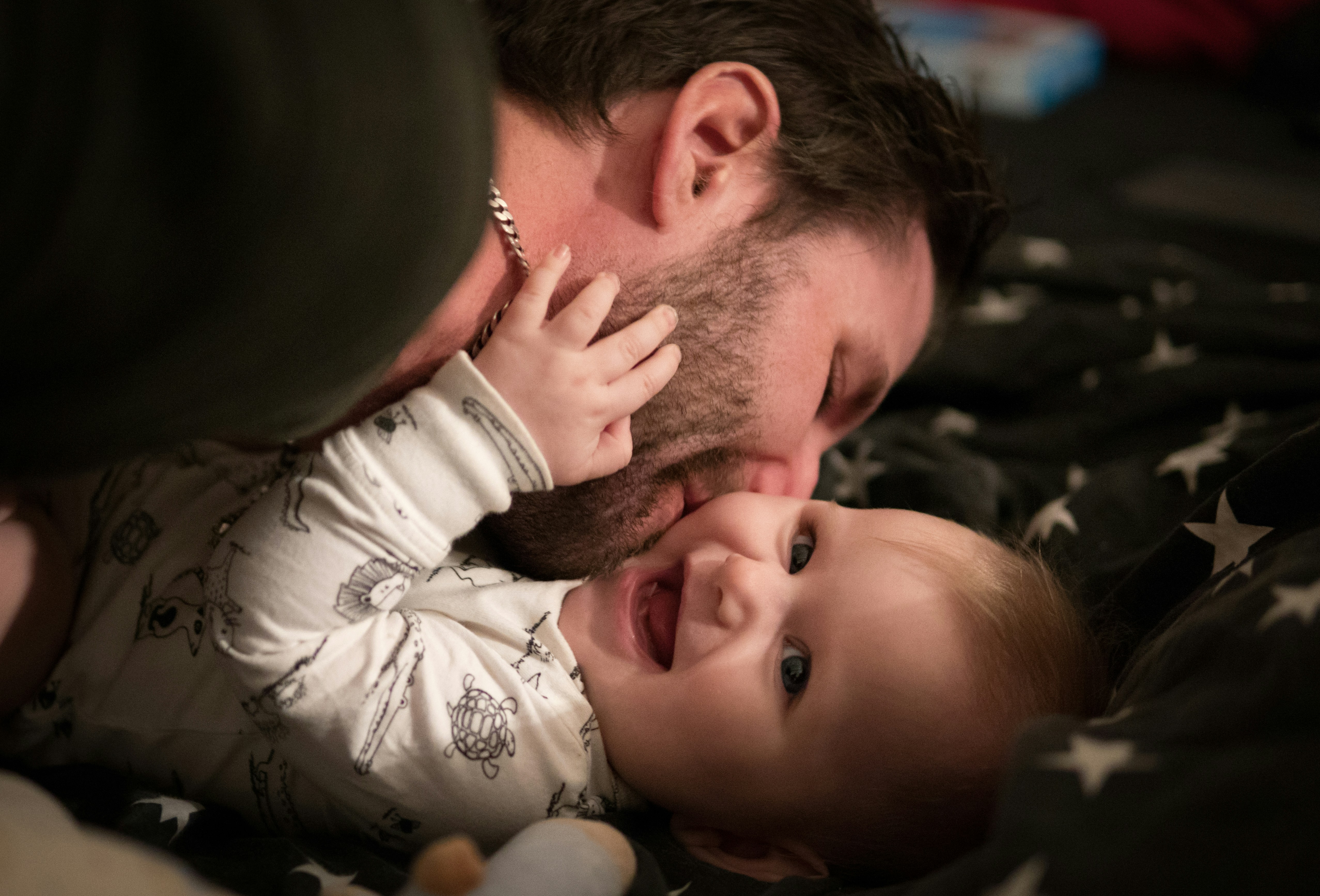
Postpartum depression (PPD), also known as postnatal depression, is a serious mental health condition that affects many new parents — especially mothers — after childbirth. It’s estimated that around 15% of new mothers in the Western world experience PPD, although the actual number may be higher due to underreporting. Fathers can also be affected, although less frequently and often in different ways.
What Is Postpartum Depression?
Postpartum depression refers to the onset of depressive episodes following the birth of a baby. It can occur any time within the first year after delivery, and unlike the short-lived “baby blues,” PPD is longer-lasting and more intense. It often develops suddenly, even in parents with no prior history of depression.
PPD can severely affect your mood, mental health, and your ability to bond with your child. It may also impact your relationships, your confidence, and your sense of identity as a parent.
Symptoms of Postpartum Depression
The symptoms of PPD are similar to clinical depression and can include:
- Persistent sadness or despair
- Fatigue and low energy
- Sleep disturbances (too much or too little)
- Changes in appetite
- Loss of interest in activities previously enjoyed
- Irritability and mood swings
- Anxiety or panic attacks
- Feelings of guilt, shame, or worthlessness
- Difficulty bonding with your baby
- Intrusive thoughts or, in rare cases, thoughts of harming yourself or your baby
For some mothers, PPD includes feeling detached from their baby, struggling with intrusive negative thoughts, or experiencing extreme guilt about not being “a good enough parent.”
Impact on the Whole Family
PPD doesn’t just affect the parent suffering — it can have a profound impact on the entire family. Left untreated, it may:
- Disrupt the parent-child bond
- Affect the child’s emotional, cognitive, and behavioural development
- Cause relationship strain or breakdown
- Lead to social isolation
Fathers with postpartum depression may show symptoms like anger, irritability, risk-taking behaviour, substance use, or emotional withdrawal from the family.
PPD vs. Baby Blues
It’s important to distinguish PPD from the common “baby blues.” Baby blues affect up to 80% of new mothers and typically involve mood swings, crying, and anxiety shortly after birth. These symptoms usually fade within a couple of weeks.
However, if your low mood persists and begins to interfere with your ability to function, bond with your baby, or enjoy daily life, you may be experiencing postpartum depression — and it's important to seek support.
Getting Help for Postnatal Depression
PPD is not your fault. It is a real, medical condition that can be treated. If you recognise these symptoms in yourself or your partner, you’re not alone. Many parents experience this, and support is available.
Early intervention — whether through talking therapies, medication, peer support, or lifestyle changes — can make a meaningful difference to your recovery.
Related articles
Explore our wide range of expert-led articles, guides and tips on parental mental wellbeing.


